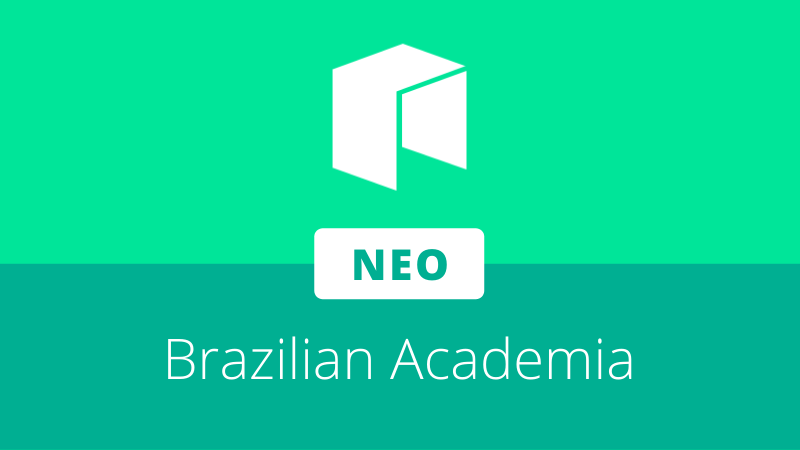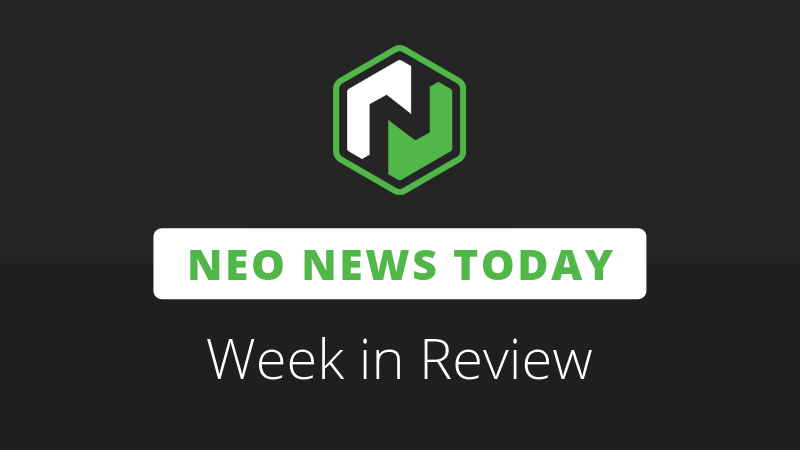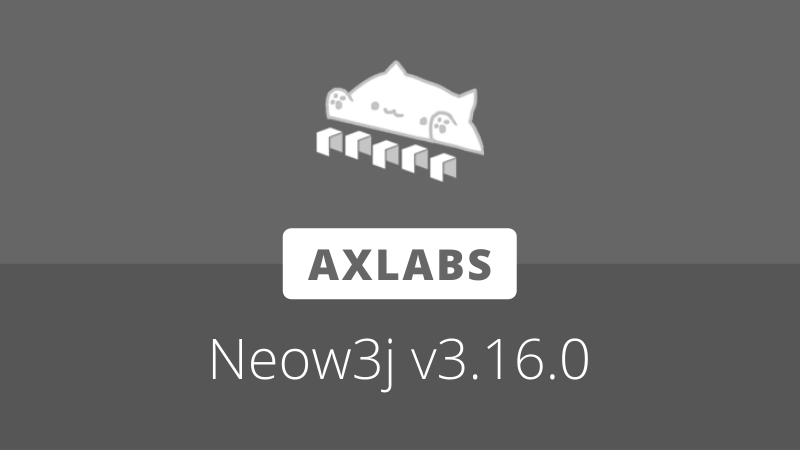
Neo is establishing a foothold in Brazil’s university system, from the courses held in the classroom up to infrastructure conversations among multiple universities. At the Universidade Federal Fluminense in Rio de Janeiro, Neo was heavily featured in a class about developing on different blockchain networks.
The elective course, Special Topics on Networks: Blockchain, was taught by Igor Machado Coelho, NeoResearch co-founder and UFF professor. NeoResearch is a Brazilian developer community with strong ties to academia that focuses on optimizing the Neo blockchain, particularly Neo’s consensus mechanism.
At UFF, elective courses are typically more niche and attract half a dozen students, nowhere near the university’s registration limit of 40. However, Coelho’s course on blockchain was so widely sought after that the university made an exception, and allowed 60 students to enroll. It was so popular, the course will be taught next semester. Professors at UFF are rarely asked to teach the same elective courses twice in a year.
Lectures from Coelho’s blockchain course can be found online, and cover subject matter such as wallets in the Neo ecosystem, the NeoCompiler, and various smart contracts. Each class is conducted in Portuguese.
Reaching More Students
Neo is a borderless public blockchain with developer groups located around the world, including the NeoResearch team in Brazil.
The common language shared among the global community is English, but Coelho believes he can reach more developers by providing resources and documentation in their native tongue. Many undergraduate students at UFF aren’t fluent in English, so his focus is shifting slightly toward providing more information in Portuguese and connecting with more Brazilian students.
Coelho believes offering material in Portuguese will break an initial barrier to onboarding new student developers. Currently, only two blockchain courses in Brazil are written in Portuguese. One focuses on Ethereum and the other on Neo.
Ultimately, the demand for this type of coursework is materializing, as exhibited in the over-registered elective course on blockchain in the Fall semester of 2021 at UFF.
Coelho is excited about the prospect of more students opting to build on Neo. He said, “We know the technology, we feel like this is very easy, that’s because I know. But, hearing students trying other new blockchains – like, recent blockchains – and they saw that creating a project on Neo was easier. I felt this was very, very good.”
Blockchain Consortia
In March 2022, classes at UFF and other Brazilian universities began to take place in person for the first time in two years. And while university life slowly returns to normalcy, the Brazilian academic institutional system is matching its pace, slowly but steadily embracing blockchain technology.
In 2020, Coelho led a national blockchain committee whose working group focused on education. The same group established a consortium of six universities that built a private, permissioned network the following year. While the network wasn’t built using Neo N3 technology, it did demonstrate that universities could collaborate and integrate blockchain into their infrastructure.
Ultimately, once the university consortia have more experience running permissioned chains, Coelho believes they’ll explore the potential of integrating other functionalities, such as oracles and distributed storage networks. Both are part of the significant architectural upgrade to Neo N3 in Aug. 2021. He said, “I think the technology is very well positioned at this point because we tried to explore all other options. In my opinion, this is the best option at the moment.”







About The Author: Dylan Grabowski
Dylan is a reformed urban planner with a passion for covering the Neo ecosystem. His objective as a writer for Neo News Today is to report news in an objective, fact-based, non-sensational manner. When not behind a computer screen, he can be found in the mountains rock climbing. Find Dylan on Twitter (@GrabowskiDylan).
More posts by Dylan Grabowski